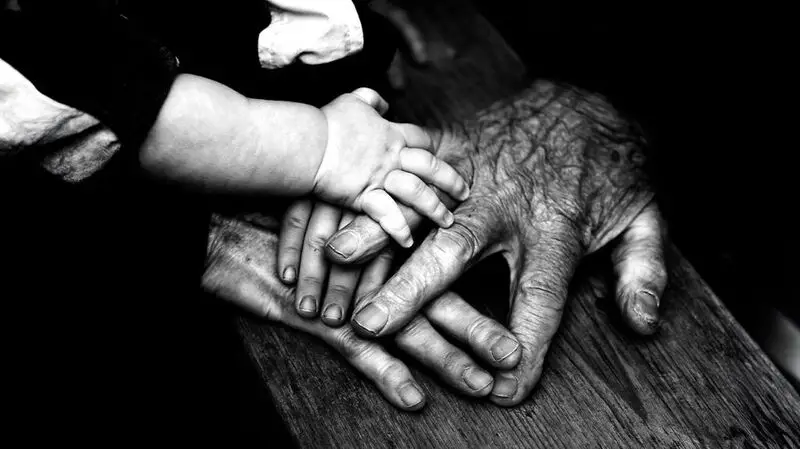
- The children of parents who had obesity in midlife are significantly likely to also have obesity at the same age, according a new study.
- The research follows two generations of families to investigate the transmission of obesity from parents to their children.
- The mechanisms for why obesity is transmitted generationally are still not well understood, but researchers believe the factors to be both genetic and environmental.
New research from Norway is shedding light on the “intergenerational transmission” of obesity.
That is, how obesity may be passed down from parents to children.
In a forthcoming presentation at the European Congress on Obesity, scientists are reporting that children of parents who had obesity during midlife are more likely to also have obesity at the same age.
The researchers said they also discovered that parents’ body mass index (BMI) scores influenced the same measurements in their children.
“We found that offspring had a considerably increased odds of living with obesity in middle age if one or both parents lived with obesity in middle age,” Mari Mikkelsen, PhD, a fellow and a clinical dietician at UiT The Arctic University of Norway as well as an author of the research, told Medical News Today.
One expert who wasn’t involved in the research said these findings expand on previous studies on obesity and genetics.
“Several lines of research converge to strongly suggest that obesity can be transmitted from one generation to the next. Several studies have shown correlations between parents and their offspring for obesity-related measures like body mass index. This study goes a step further by demonstrating familial resemblance in middle age,” Peter Katzmarzyk, PhD, a professor of population and public health sciences at Louisiana State University and a spokesperson for The Obesity Society, told Medical News Today.
The new research hasn’t been published yet in a peer-reviewed journal.
In their presentation, the researchers state that children of parents with obesity in midlife are 6 times more likely to also have obesity at the same age, compared to children of parents whose weight fell within a Healthy BMI range.
If only one parent had obesity, the researcher said, children are still 3 times as likely to have obesity during midlife.
The researchers, however, did find a slight variation if only one parent had obesity, based on the sex of the parent. If the father had obesity, children were 3.74 times as likely to have obesity. If it was the mother, the likelihood was 3.44 times.
Researchers also noted a direct correlation between the body mass index (BMI) score of the parents and that of their children.
“Previous research shows strong association between parents’ and their children’s BMI. This is also seen in adolescents. Few studies have investigated the associations in middle age offsprings,” said Mikkelsen.
Mikkelsen and her team based their findings on the Tromsø study, an ongoing population-based study in Norway.
They included data from two generations of families in midlife, with ages ranging from 40 to 59 years old. Parents were involved in the fourth wave of the study, conducted in 1994 and 1995, while their children took part in the seventh wave, conducted in 2015 and 2016.
In total, the team utilized data from more than 2,000 families that included both parents and children.
Researchers found that the results of their analysis persisted after adjusting for common confounding factors such as age, sex, education, and physical activity level.
A
Experts note that the present research does not help to explain the myriad ways, both
“In our study we have investigated associations, but I cannot conclude anything regarding causal effects,” said Mikkelsen. “The interaction between genes and environment is complex and the studying of intergenerational associations captures the effect of both but does not necessarily distinguish between the two.”
For this reason, obesity is described as a “multifactorial disease” because its cause cannot be attributed to a single factor.
Obesity is a global health concern.
In the United States, more than
Individuals with obesity are at increased risk for a number of serious diseases and health issues, including:
- High blood pressure
- Type 2 diabetes
- Stroke
- Anxiety and depression
- Heart disease
Due to the numerous co-morbidities of obesity, it is a driver of healthcare costs. It is estimated that the cost of obesity in the United States ranges from $147 billion to $210 billion annually.





